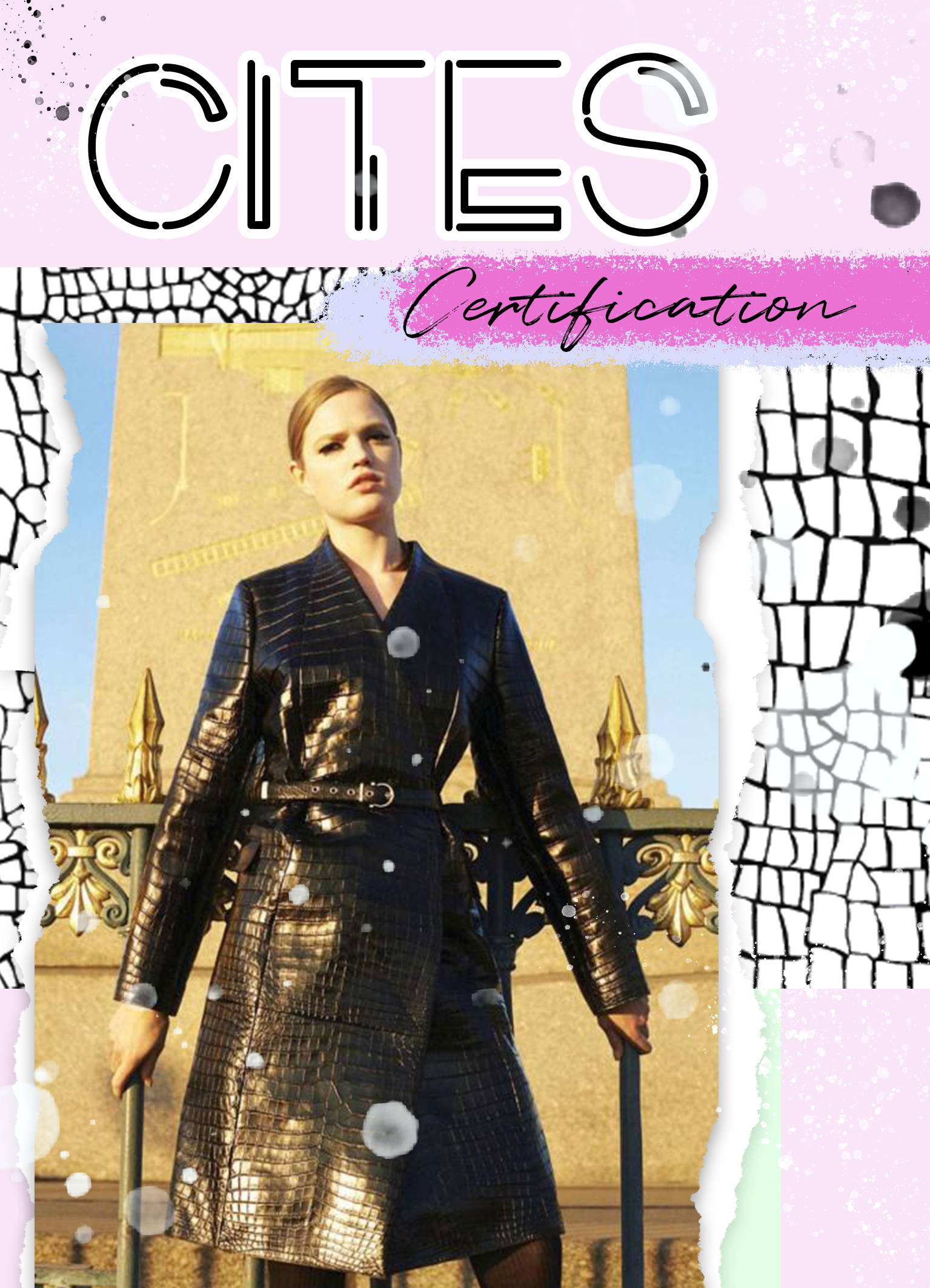Crocodiles are mainly farmed for their valuable and distinctive skins, with the leather sold to luxury houses to make fashion products such as shoes, bags, and other accessories. At the beginning of the 20th century, the number of crocodiles decreased immensely due to non-controlled and illegal hunting, and later due to ruining of their natural habitats. In recent years, the crocodile sector has also facing constant scrutiny from animal-rights groups regarding the ethical issues. If we were to buy crocodile products, how can we determine that the skins have been ethically sourced?
Today, crocodiles are protected animals included in the lists of the Convention on International Trade in Endangered Species of Wild Fauna and Flora (CITES), though the protective status varies depending on the species. Almost all countries interested in crocodile trade signed the convention in 1975.
According to the convention, CITES prohibits the practice of wild crocodile hunting. The crocodiles used in the fashion and luxury industries are bred in special farms, and the general trend by most countries, ecologists, and corporations of the fashion industry is striving towards complete transparency.
All of the European countries as well as the Commonwealth of Independent States (CIS) have joined CITES, and the custom bodies of these states control the importation of crocodile skins. Certifications must be issued for every skin consignment, detailing all information regarding the skin, its quality, along with a seal number. Crocodile skins without the necessary documents are considered products of illegal trade. Under the convention, if the CITES certification is not produced or is inaccurate when presented at the customs of the importing country, the skins must be confiscated and destroyed. Moreover, the legislations of some countries also demand indication of the CITES certification number on the manufactured crocodile products.
In 2018, the International Crocodile Farmers Association (ICFA) of Australia also started working on a new standard for farming crocodiles as a response to customers curious about the ethics of production. Major fashion houses are also expressing their desires to have high levels of insurance about the quality parameters of their products. While still in the process of drafting, the new standard focuses not only on the sustainability and humane treatment of crocodiles, but also quality assurance, traceability, biosecurity, and the welfare of workers in the trade. When this standard becomes formalised, it should attract international organisations to become certified, and should guarantee a more responsible and sustainable future for the majority of crocodile farms.
Want to find out more about CITES?
Visit: https://www.cites.org/
Want to find out more about ICFA?
Visit: http://icfa2016.com.au/

No Comments